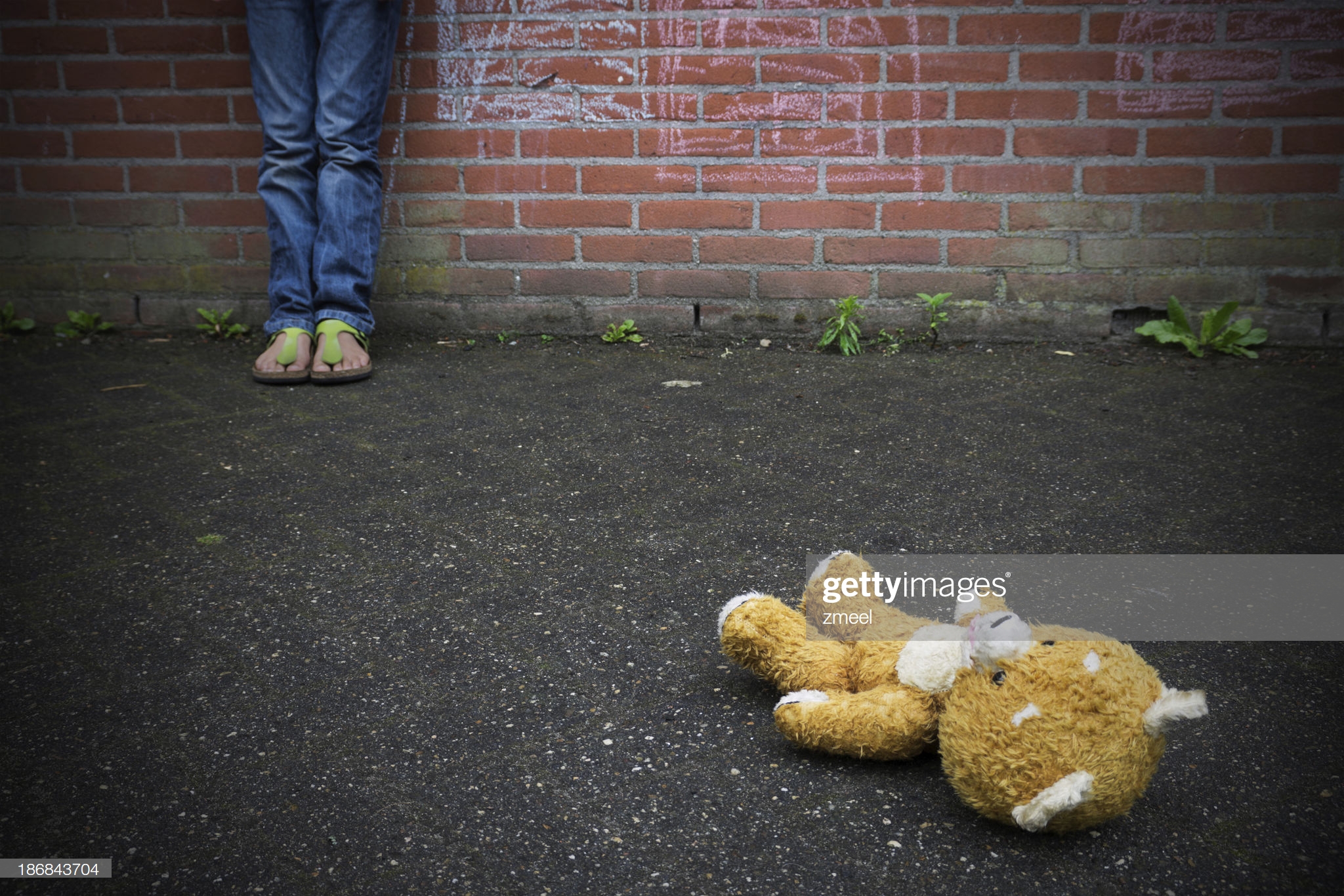
The Right to Communicate and Access to Consular Officers of an Alien Arrested or Committed to Prison or to Custody Pending trial or Detained
June 16, 2023
How to Get an International Divorce in Korea
October 19, 2023Can unanswered calls constitute a stalking crime?
Act on Punishment of Stalking Crime etc. (hereafter referred to the “Act”) came into effect in October, 2021. Stalking crimes had been applied just by Punishment of Minor Offenses Act and thereby the criminals had been given light punishments until the Act was implemented. The Act defines “stalking act” as an act frightening the other party or his/her cohabitant or family members, against the other party’s will and without justifiable reasons, by having things, tests, voice, code, sounds, pictures, videos and others sent and served. And according to the Act, “stalking crime” means that a person continuously repeatedly does “stalking act”.
Recently, the Supreme Court pronounced an eye-catching decision on a staking crime (Supreme Court Decision 2022Do12037 Decided May 18, 2023). The Supreme Court overturned the ruling in the appellate trial where the defendant was found not guilty. The gist of the Supreme Court’s ruling was that unanswered calls can constitute a stalking crime because if the victim finds that he or she received unanswered calls, the victim will feel as much mental distress and frightened as he or she feels when he or she answers the phone calls. The Supreme Court added that if the fact that the victim does not answer the phone calls makes the defendant not guilty, it will mean that whether the act constitutes the crime can be decided only by chance. The Supreme Court stated that the victims are more likely ‘not’ to answer the phone calls out of fear and clarified that the purpose of the Act was to protect the victims from the stalking crimes, so unanswered phone calls should be also considered to be a stalking crime.
Related posts
Blog Articles
Contact Information
201, 160, Seochojungang-ro, Seocho-gu, Seoul, Republic of korea.
Phone: +82-2-535-1235
Mobile: 010 5349 1235
Fax: +82-2-536-1236
Email: [email protected]


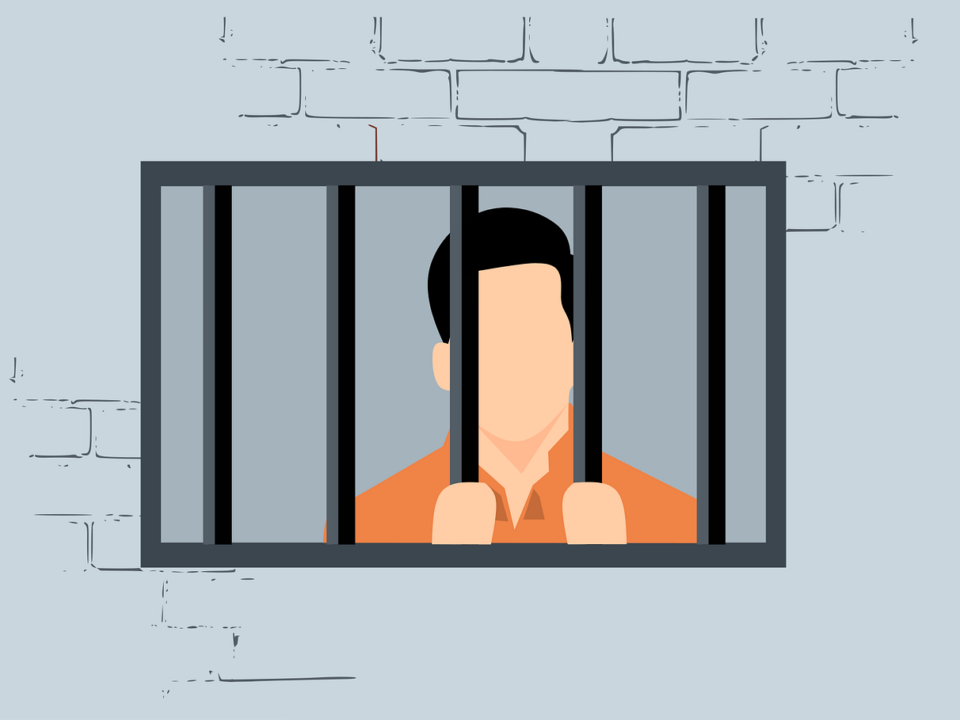




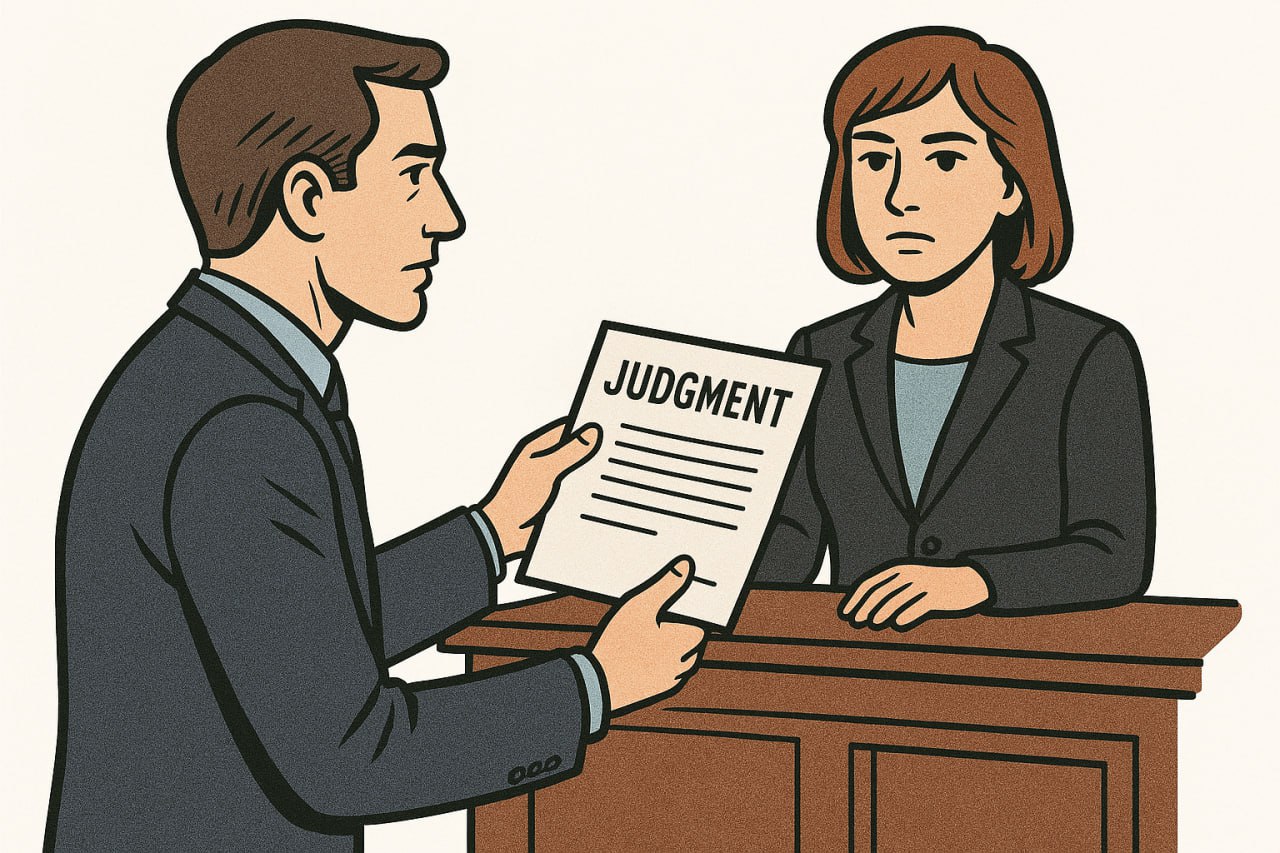

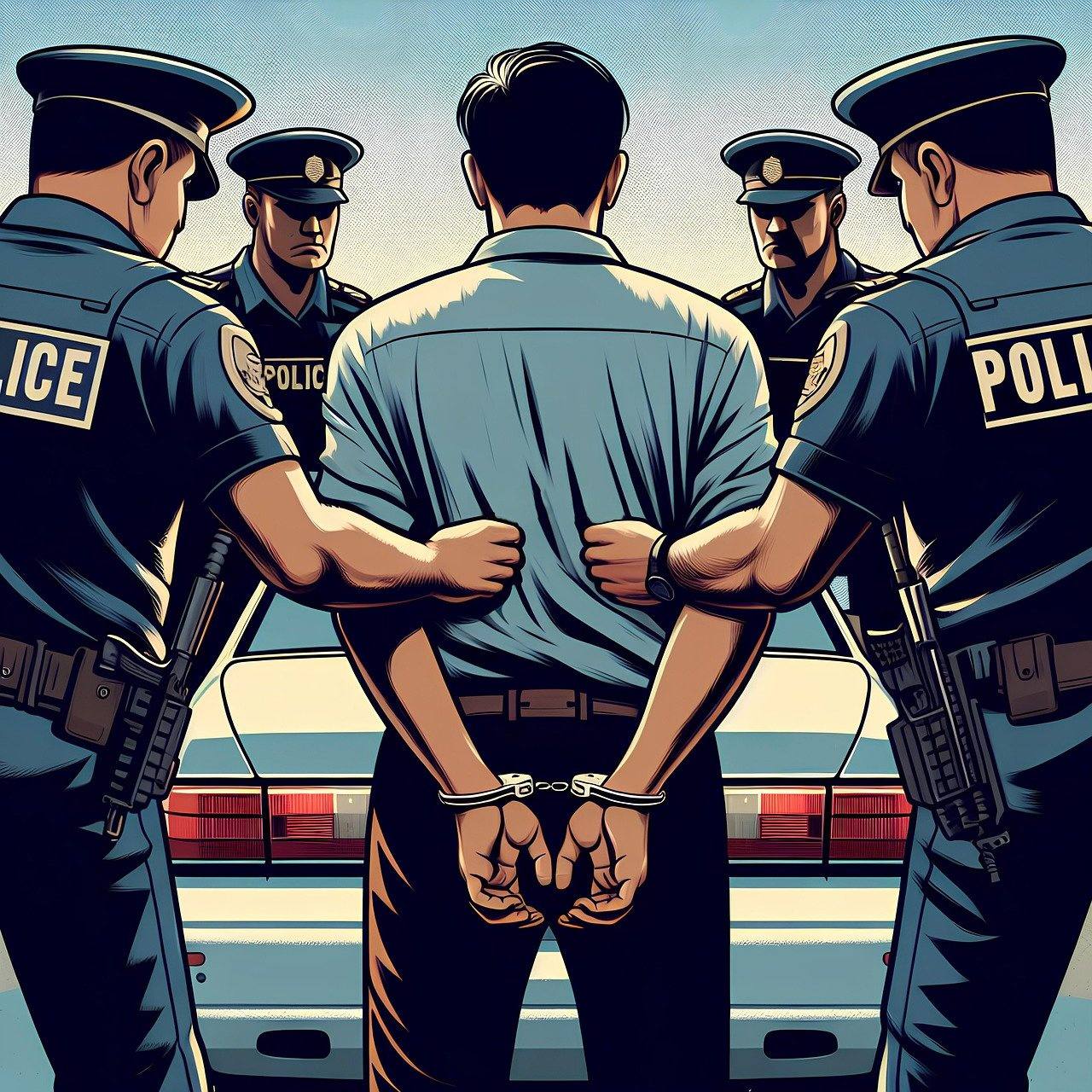


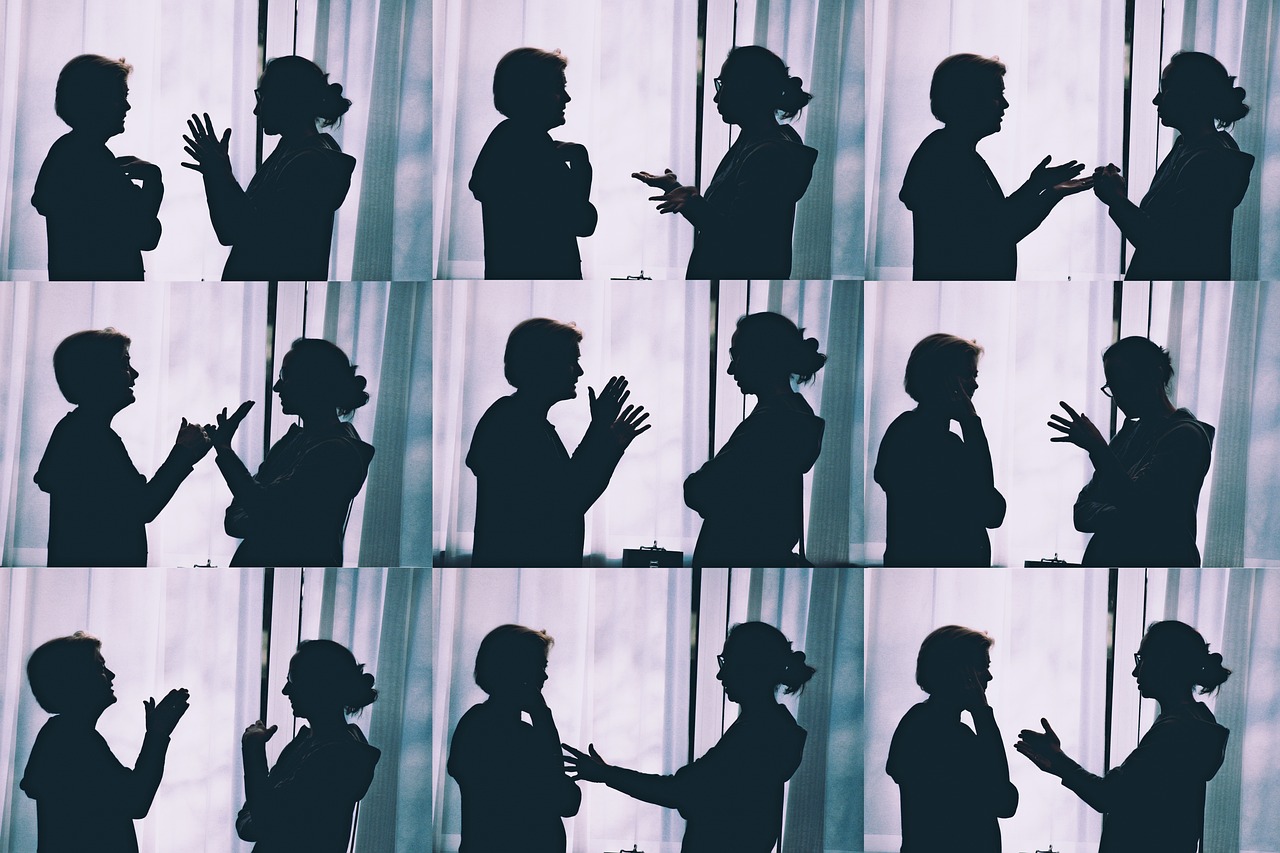







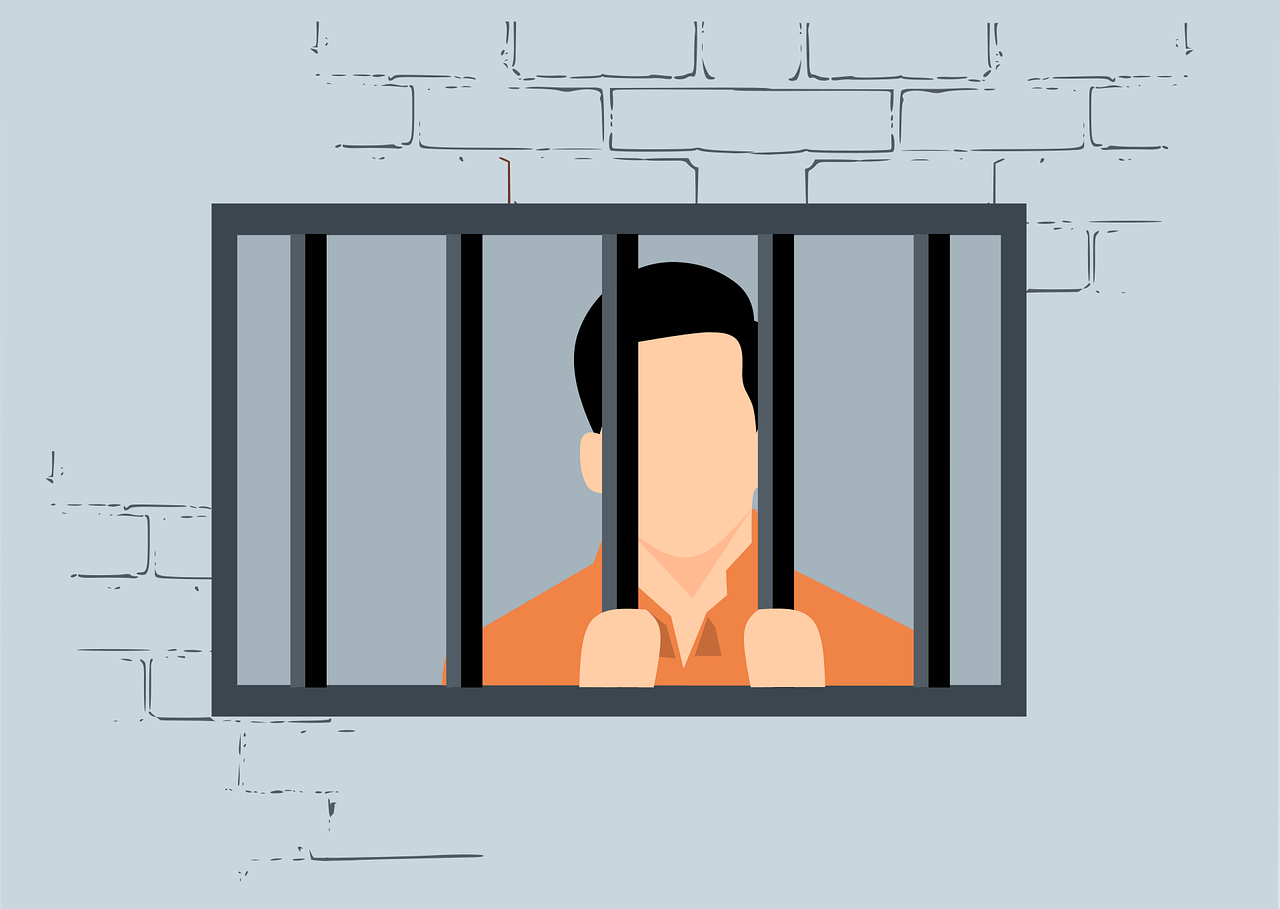












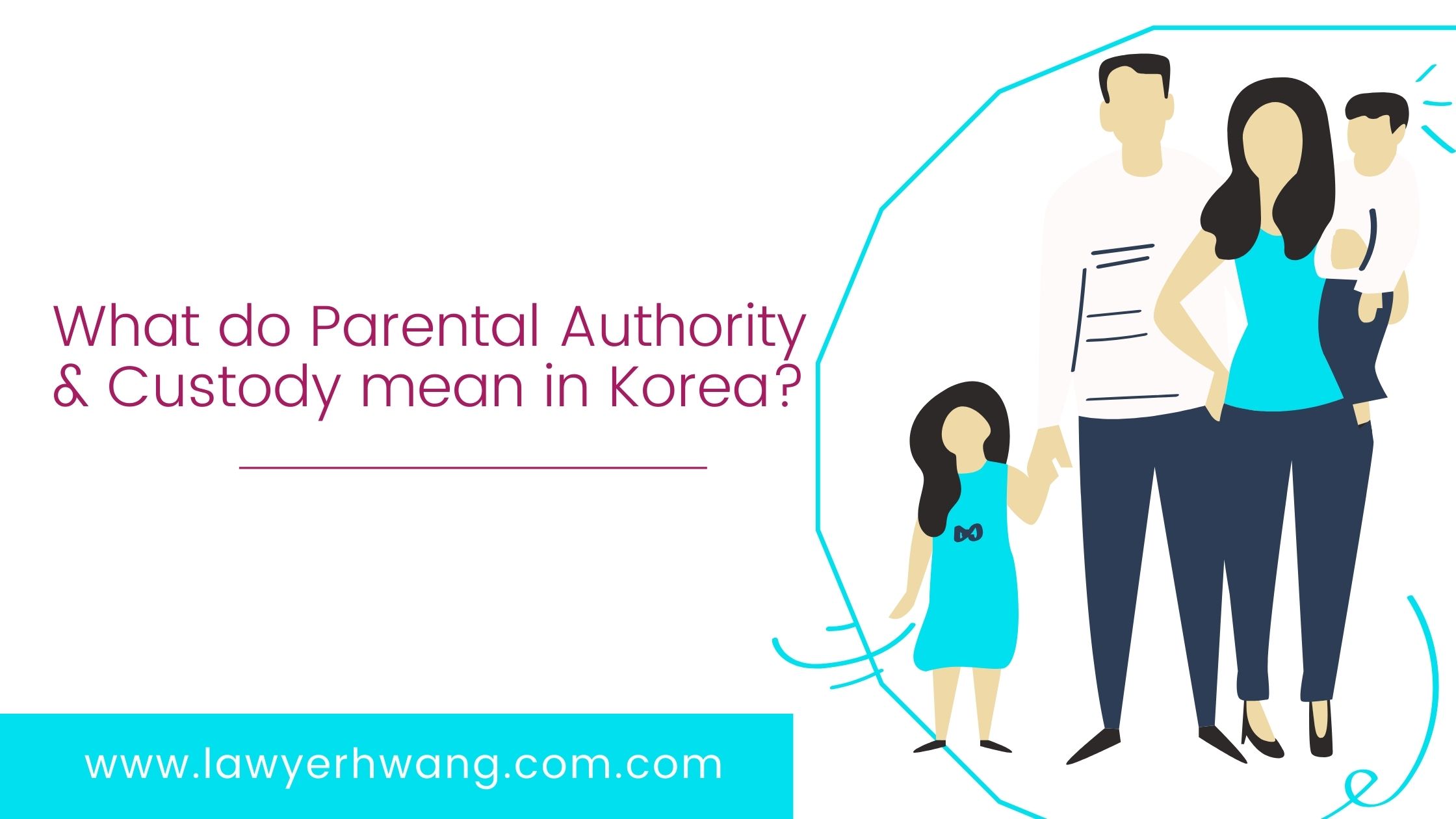


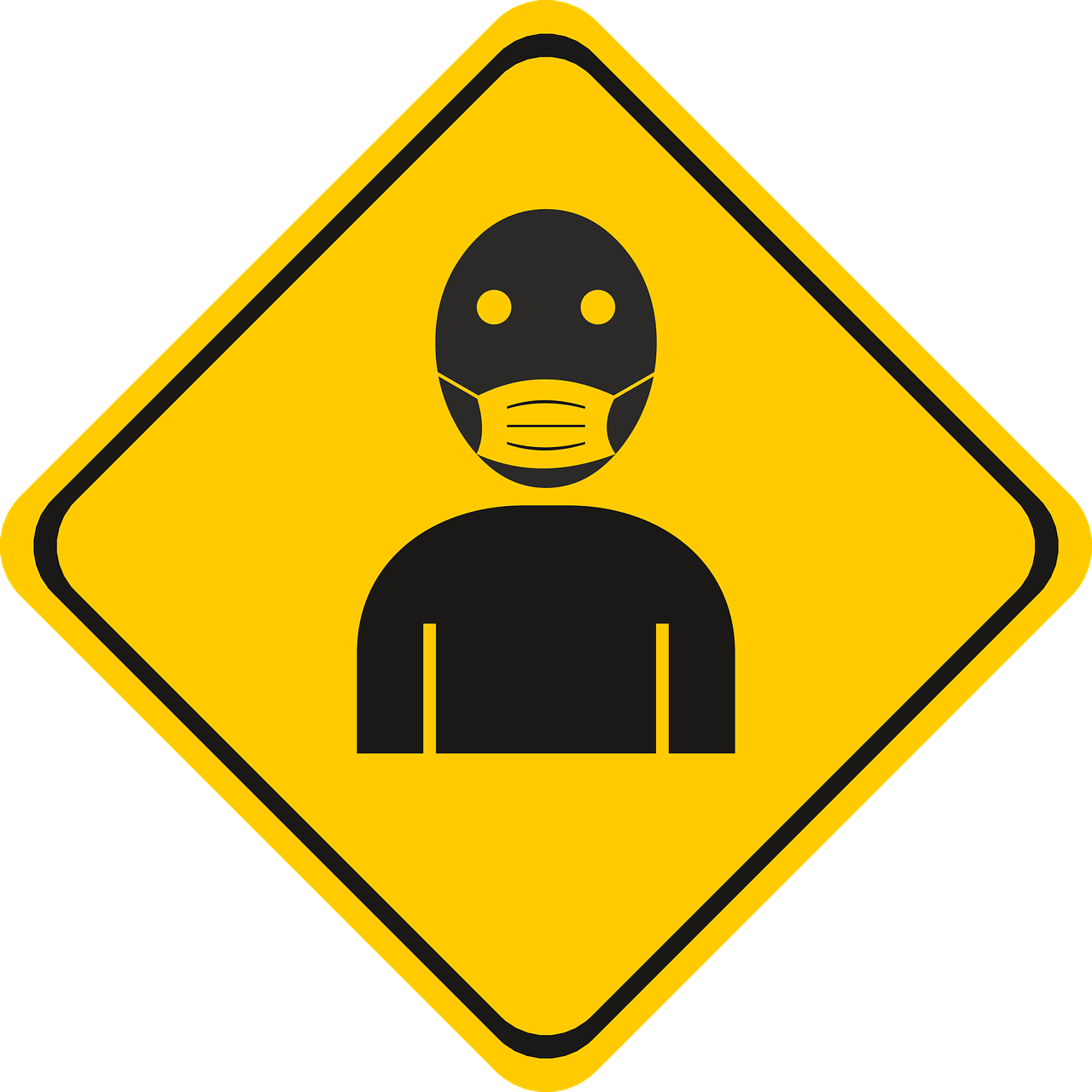
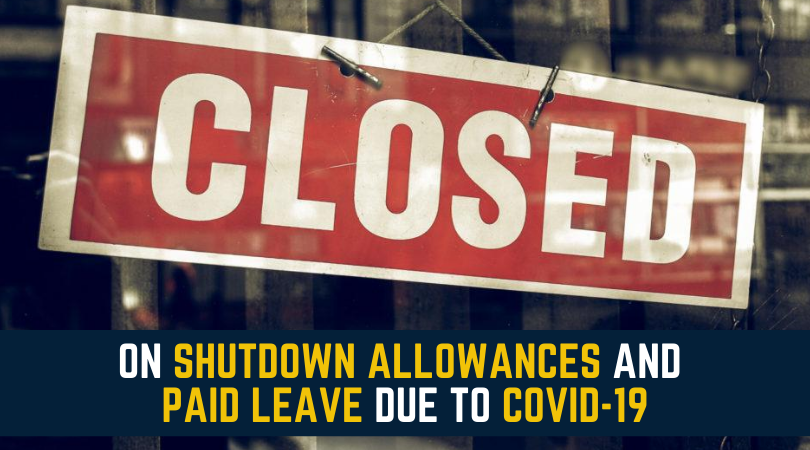
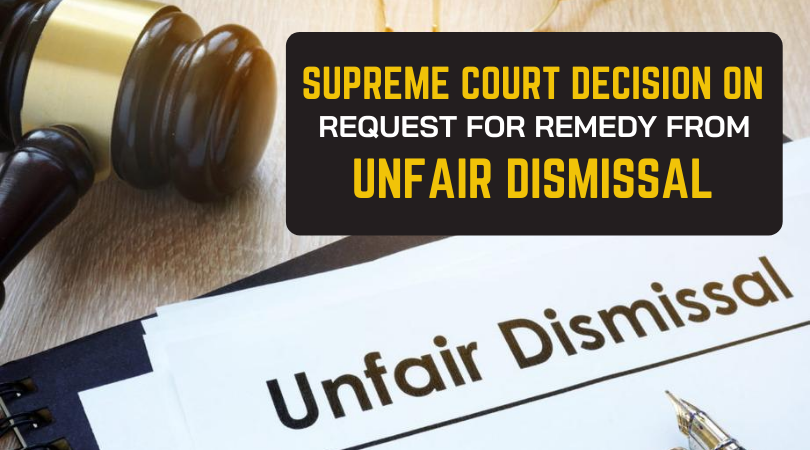
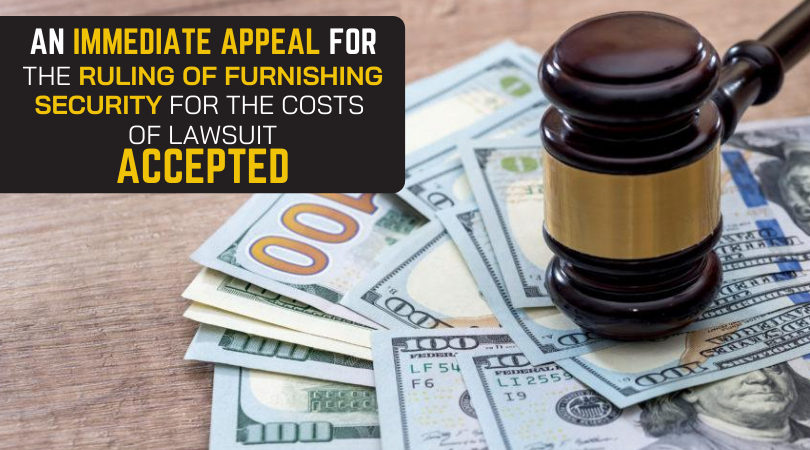

![[Supreme Court Decision – Criminal Law] – On Intent of Defamation](https://lawyerhwang.com/wp-content/uploads/2020/03/Supreme-Court-Decision-–-Criminal-Law-–-On-Intent-of-Defamation.png)
![[Supreme Court Decision – Criminal Law] – On Uploading a “Torrent File” of Obscene Videos](https://lawyerhwang.com/wp-content/uploads/2020/03/Supreme-Court-Decision-–-Criminal-Law-On-Uploading-a-“Torrent-File”-of-Obscene-Videos.png)



